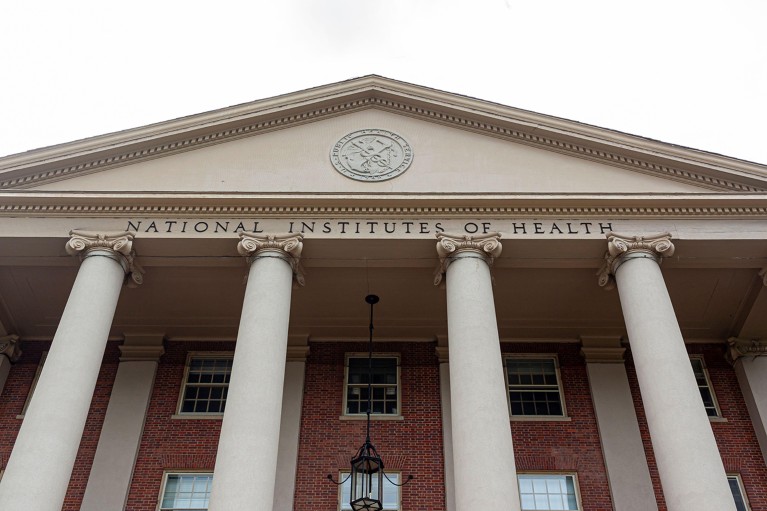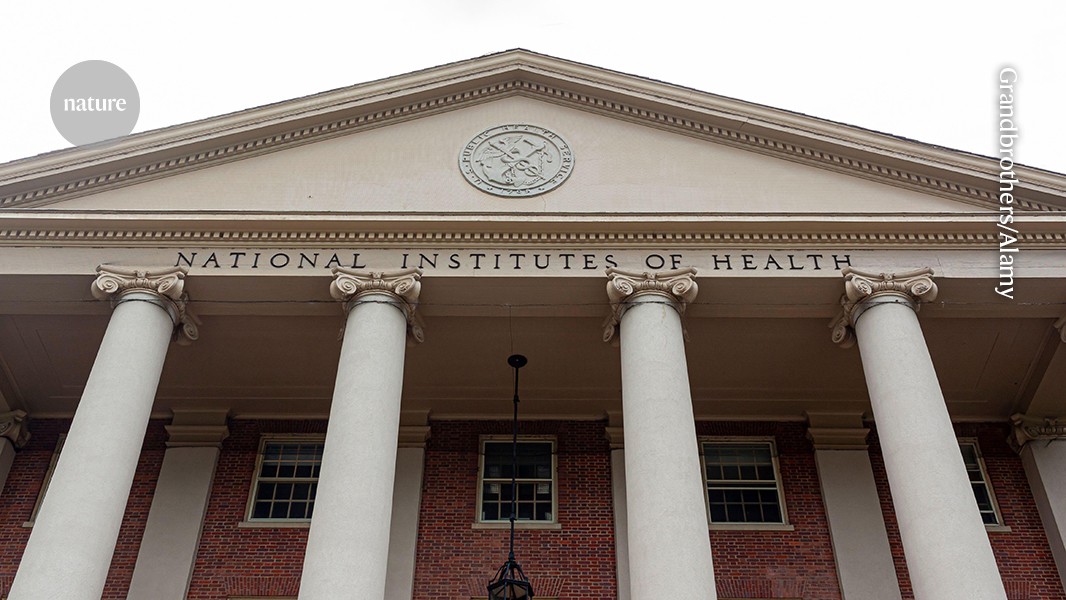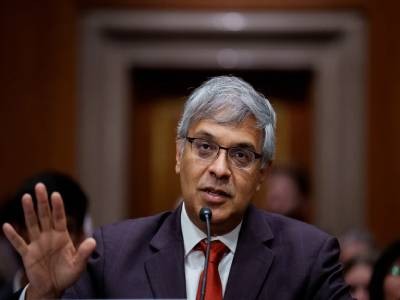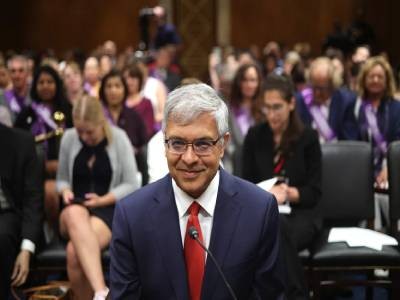
The US National Institutes of Health, based in Bethesda, Maryland, is the world’s largest funder of biomedical research.Credit: Grandbrothers/Alamy
In an unprecedented move, the US National Institutes of Health (NIH) will soon disinvite dozens of scientists who were about to take positions on advisory councils that make final decisions on grant applications for the agency, Nature has learnt. NIH staff members have been instructed to nominate replacements that are aligned with the priorities of the administration of US President Donald Trump — and have been warned that political appointees might still override their suggestions and hand-pick alternative reviewers.
Who is on RFK Jr’s new vaccine panel — and what will they do?
The researchers up for dismissal, who are based at academic institutions across the country, were all nominated during the administration of Trump’s predecessor, Joe Biden, through a process that has been used for decades, but had not yet taken up their positions. The move will leave advisory councils at most of the NIH’s institutes understaffed, leaving them without a breadth of expertise in making final decisions about which research projects the agency funds.
The move throws away all the effort put into vetting those reviewers, says Eric Green, who was director of the NIH’s National Human Genome Research Institute (NHGRI) for more than 15 years, until March, when his tenure was not renewed. The NHGRI had 7 advisory council members vetted under Biden who have been awaiting final approval, Green says. Without them, the institute’s panel will have only 6 out of its potential 18 members. It’s unclear how long it will take to install new members. In the meantime, “to have it be that small is atrocious — you want these advisory groups to be robust because they’re taking the final look at everything going to be funded”, Green adds.
The NIH — a behemoth of biomedical science funding based in Bethesda, Maryland — and its parent agency, the US Department of Health and Human Services (HHS), did not respond to Nature’s queries about the plans to disinvite scientists from advisory panels or to scientists’ concerns about the action. It is unclear when the formal disinvitation notices will be sent.
A rare action
NIH grant applications are considered by each of its institutes in two stages, by separate panels. The first is a study section, in which a group of independent scientists meets to score applications. The second is a gathering of the institute’s advisory council, which is also made up mainly of external researchers and advisers, and does final checks on applications before funding decisions are made.
‘One of the darkest days’: NIH purges agency leadership amid mass layoffs
It is this second approval stage that is affected by the move.
Dozens of scientists nominated in 2023 and 2024 had gone through every step of the vetting process to join the advisory councils at various institutes, and were awaiting final approval from the HHS to begin their service. The removal of members from these panels is extremely rare, let alone removing dozens of pending members at the same time, according to an NIH employee who requested anonymity because they are not authorized to speak to the press.
“I was really excited to provide that perspective and voice that is needed as one of the first Native American members on the NHGRI’s council,” says Katrina Claw, a geneticist at the University of Colorado Anschutz Medical Campus in Aurora, who was nominated in March 2024. Claw says she stepped back from some of her responsibilities at the university in anticipation of the increased time demand that comes with serving as a council member.
NIH staff members will now have to start again from the beginning to find a new slate of nominees, says the employee granted anonymity.
A long vetting process
The usual process for picking new members is rigorous: administrative staff at each institute spend about two years screening candidates, formally nominating them, seeking approval from the agency and the HHS, shepherding candidates through a series of background and ethics checks and, once they have been confirmed, introducing them to the role. Staff members try to ensure that the composition of review panels reflects the diversity of people in the United States and encompasses an array of expertise, the employee says. “It’s almost like putting together an orchestra.”
NIH chief stands by funding cuts to ‘politicized science’ at tense hearing
When it comes to replacing council members, NIH staff members were told to keep administration priorities in mind when selecting new nominees, according to an e-mail obtained by Nature. The e-mail does not explain why the nominees will not move forwards, nor how staff members should comply with the request, leaving some in fear of losing their jobs if they choose incorrectly, says the employee.
Nature has learnt that, as a result, some staff members are screening candidates’ social-media presences to check whether they have expressed negative views about the Trump administration or been involved in diversity, equity and inclusion (DEI) efforts — a topic targeted by the president — at their institutions.





